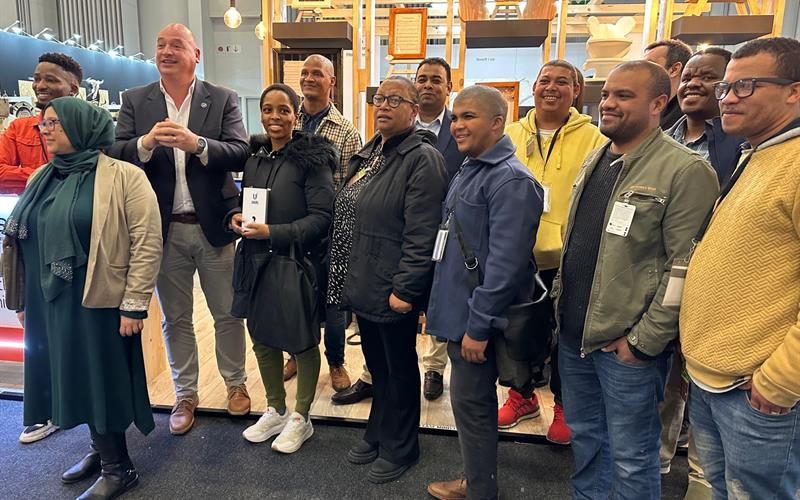Cape Town has announced its renewed support for young furniture entrepreneurs by extending funding for the Furniture Light Manufacturing Enterprise Development Programme. The program, in collaboration with the [South African Furniture Initiative (SAFI)](https://capetown.today/national-furniture-design-competition-showcases-south-african-talent), offers technical training, business guidance, and mentorship support to micro-enterprises in the furniture manufacturing industry.
Success Stories and Impact
The program has had a significant impact on its beneficiaries, with some engaging with buyers and securing contracts with prominent furniture brands. Last year, nearly 22,000 visitors attended Decorex, a prestigious design event in Cape Town, providing an excellent platform for these entrepreneurs to showcase their skills and products.
Revitalizing the Industry
South Africa’s furniture manufacturing industry is essential to the country’s manufacturing GDP, accounting for 1.2% in 2020. However, the sector has faced a downturn in recent years, with a 46% decline in exports between 2002 and 2018. The City of Cape Town recognizes the need to revitalize the industry and has invested in programs like the SAFI partnership, which aim to rebuild manufacturing from the ground up.
Positive Impact for Participants
The program not only benefits entrepreneurs but has also led to tertiary institutions approaching some participants for training the next generation in furniture making. The combination of practical skills and academic training will foster a dynamic and competitive industry.
Testimonials
Entrepreneurs Abrahams and Richard Lovett credit the program for turning their business vision into reality and significantly influencing their mindset. The program’s mentoring is integral to their continued success, as the lessons learned can be applied repeatedly in the future.
Commitment to Fostering Local Talent
The City of Cape Town’s commitment to supporting its furniture entrepreneurs highlights its dedication to nurturing local talent and revitalizing a once-thriving industry. By investing in the SAFI partnership and the Furniture Light Manufacturing Enterprise Development Programme, Cape Town is taking the necessary steps to create employment opportunities and reinforce its position as a hub of creativity and innovation.
Power of Collaborative Efforts
The cooperation between Cape Town and SAFI is a testament to the power of collaborative efforts in achieving shared goals. As the program continues to aid young entrepreneurs in the development of their businesses, the furniture manufacturing industry in South Africa can look forward to a brighter future filled with creativity, innovation, and success.








